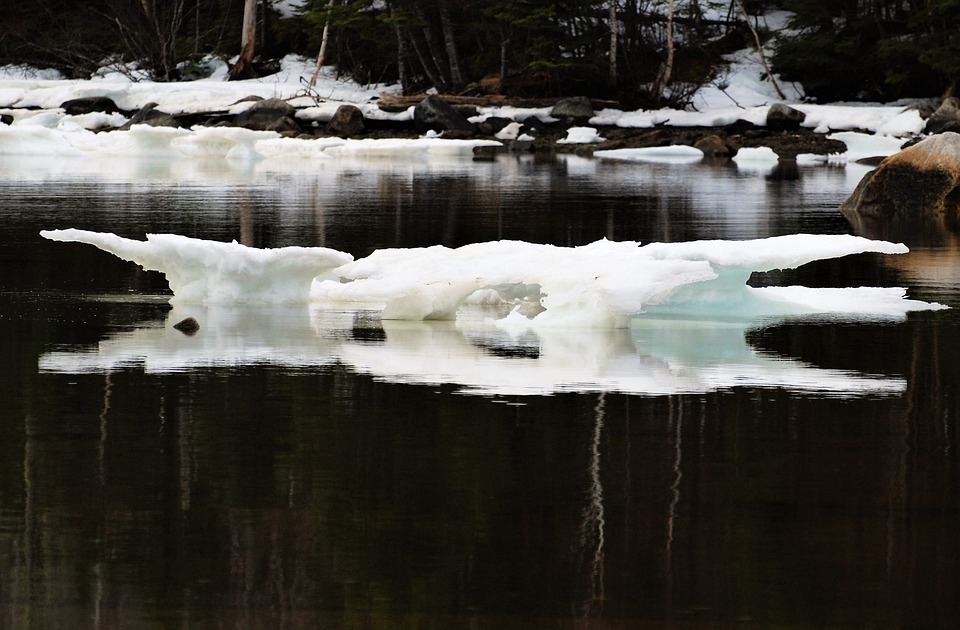International Agreements
One of the key ways in which countries are working to combat global warming is through international agreements such as the Paris Agreement. This agreement, signed by 195 countries in 2015, aims to limit global temperature rise to well below 2 degrees Celsius above pre-industrial levels. Countries have committed to reducing their greenhouse gas emissions and transitioning to renewable energy sources.
Renewable Energy
The transition to renewable energy sources such as solar, wind, and hydro power is a critical step in reducing greenhouse gas emissions. Many countries are investing in renewable energy infrastructure and phasing out coal-fired power plants in order to reduce their carbon footprint.
Reforestation
Forests play a crucial role in absorbing carbon dioxide from the atmosphere, so reforestation efforts are another important tool in the fight against global warming. Many countries are implementing programs to plant trees and protect existing forests in order to sequester more carbon and mitigate the effects of climate change.
Green Transportation
The transportation sector is a major contributor to greenhouse gas emissions, so many countries are investing in green transportation solutions such as electric vehicles, public transportation, and cycling infrastructure. By reducing reliance on fossil fuels for transportation, countries can significantly reduce their carbon footprint.
Carbon Pricing
Carbon pricing is a policy tool that puts a price on carbon emissions in order to incentivize businesses and individuals to reduce their carbon footprint. Many countries have implemented carbon pricing schemes in the form of carbon taxes or cap-and-trade systems in order to encourage emissions reductions.
Individual Action
While governments play a key role in addressing global warming, individuals can also take action to reduce their carbon footprint. Simple steps such as reducing energy consumption, using public transportation, and supporting sustainable businesses can all make a difference in the fight against climate change.

Kyle Whyte is a notable scholar and professor at the University of Michigan, holding positions such as the George Willis Pack Professor in the School for Environment and Sustainability and Professor of Philosophy. Specializing in environmental justice, his work critically examines climate policy and Indigenous peoples’ ethics, emphasizing the nexus between cooperative scientific endeavors and Indigenous justice. As an enrolled Citizen Potawatomi Nation member, he brings a vital perspective to his roles as a U.S. Science Envoy and member of the White House Environmental Justice Advisory Council. His influential research is supported by various prestigious organizations including the National Science Foundation, and disseminated through publications in high-impact journals. Kyle actively contributes to global Indigenous research methodologies and education, with affiliations to numerous institutes and societies dedicated to traditional knowledge and sustainability. Recognized for his academic and community engagement, Kyle has earned multiple awards and served in various visiting professorships. His efforts extend to leadership positions on boards and committees focused on environmental justice nationwide.
